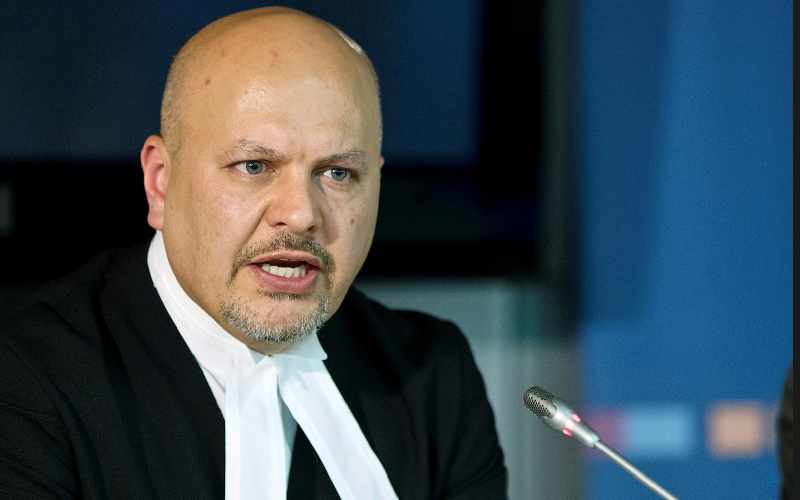×
The Standard e-Paper
Smart Minds Choose Us

Karim Khan attends a news conference before the trial of William Ruto and Joshua arap Sang at the International Criminal Court (ICC) in The Hague on September 9, 2013. [Courtesy]
British barrister Karim Khan, an outsider who cut his teeth as a top international defence lawyer, steps into a political minefield this week when he begins a nine-year term as the top prosecutor at the international war crimes court.